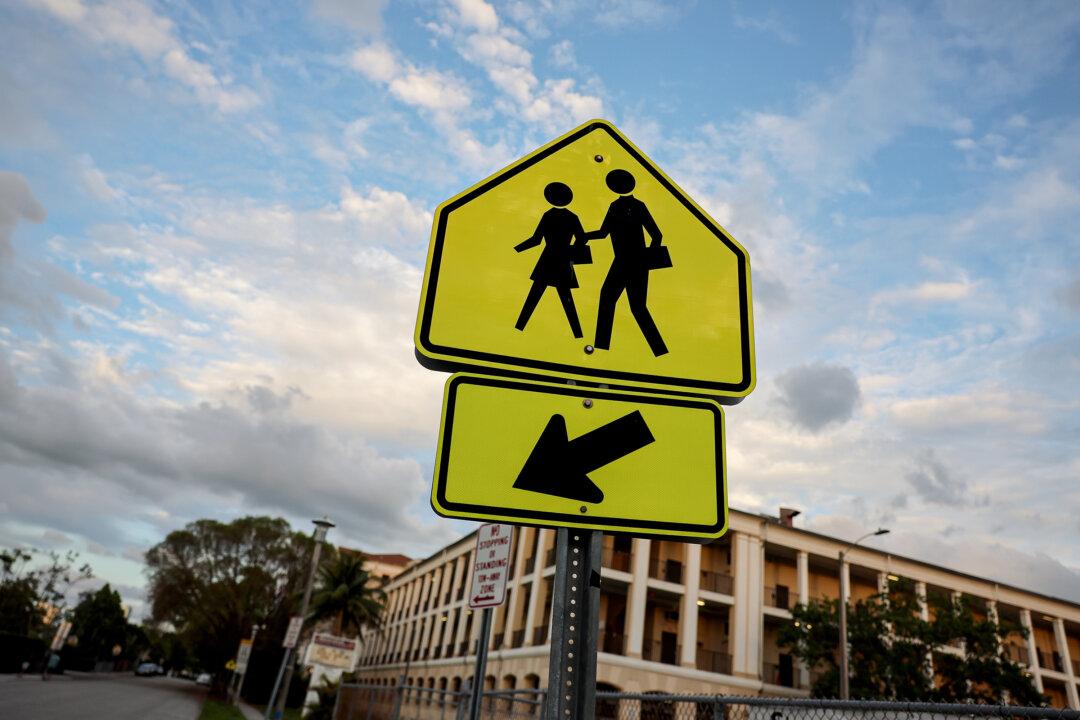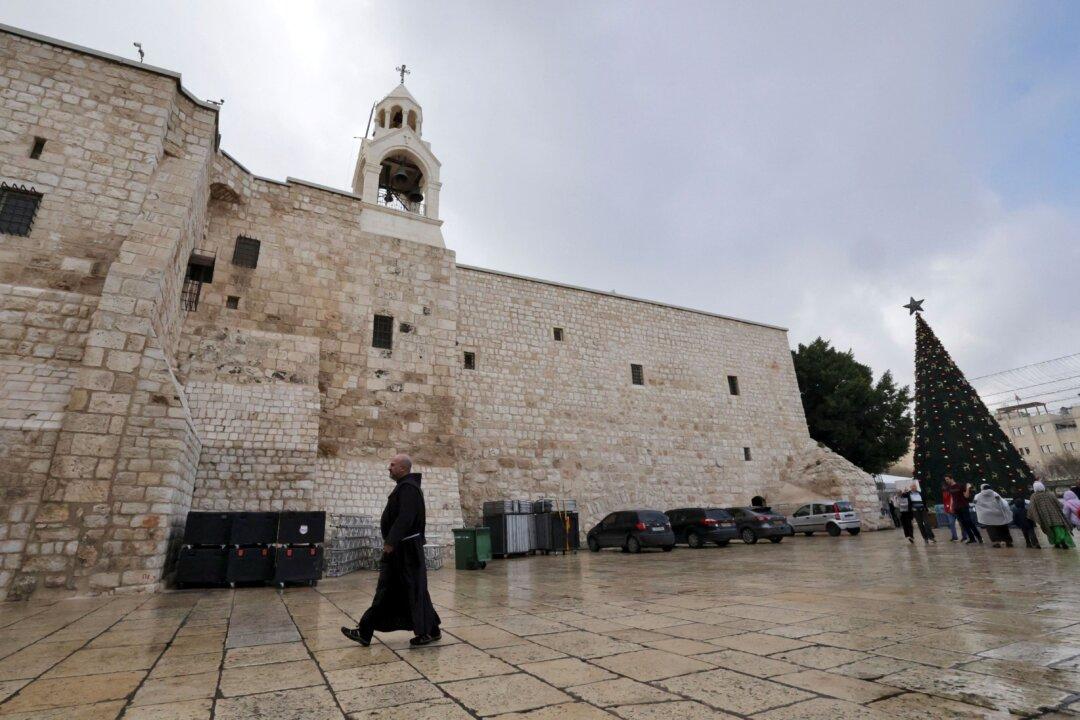Commentary
Following the announcement of 215 unmarked graves at a former Kamloops residential school in late May, the city of Victoria in B.C. announced the cancellation of its Canada Day celebrations. When an estimated 751 graves were then discovered at a former Saskatchewan residential school site, #CancelCanadaDay began to trend on Twitter. The activist group Idle No More urged Canadians “to come together and disrupt the [July 1] celebration” at multi-provincial rallies. Four Catholic churches were burned in B.C. and one in Alberta in the week leading to Canada Day.





